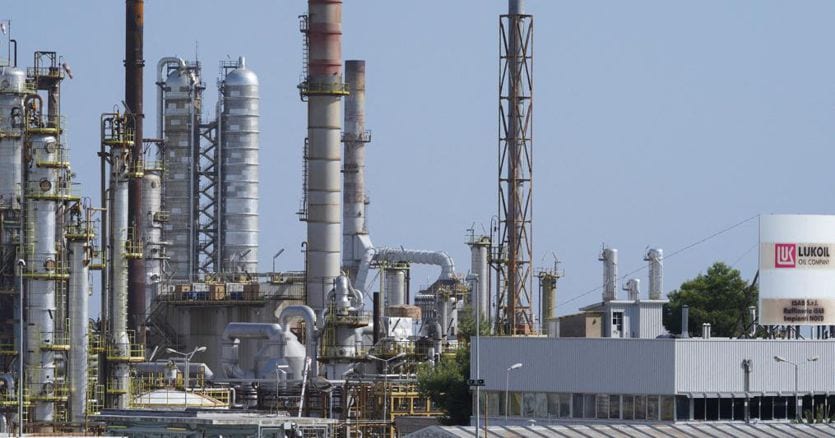«Isab operates on the free market and sells its products freely respecting existing contracts and above all respecting the laws. Furthermore, I am not aware that Litasco, the Swiss company that markets Isab products, has sold just one liter of refined product from the Syracusan hub in the United States in recent months ”. To speak is Diego Bivona, president of Confindustria Siracusa, who comments with some surprise the video service of Wall Street Journal which, in the Italian summary, suggests that the Italian company indirectly controlled by the Russian giant Lukoil is involved in avoiding international sanctions. “It is strange – adds Bivona – that a news report of this type, based on a non-news report, is published at this very hour or when the Italian government is working to solve the problem of Isab’s survival”.
The reply: no evasion with Isab
From the parts of Priolo, where the two Isab refineries are located, they do not comment but there is no doubt that the video of the WSJ caused a lot of bitterness because it tells, it is the current opinion, it uses the Isab case for events that have nothing to do with it. see with the activity of Sicilian refineries. The same service as theWall Street Journal he stresses that it is the rules on US sanctions on Russia that allow “Russian crude to be refined in a country outside Russia and sent to the United States“. Listening carefully to the video of the American newspaper, there is no accusation of avoidance of the embargo by Isab, if anything, a reconstruction of how the United States is dealing with these events in an area, the energy one, which also has obvious repercussions on national security: “Here (in the US ed) – claims the service of the WSJ – the sanctions establish an exception for any good of Russian origin that has been substantially transformed into a product of foreign manufacture”. And therefore there does not seem to be avoidance.
As for the general situation, the service continues «Lukoil still has a presence in the United States and distributes petroleum products in 11 states according to the company’s website – says the WSJ -. The only reason it can sell Russian oil to the United States is because it stops at the refinery in Sicily on its way here. The Lukoil refinery in Sicily is the second largest in Italy and the fifth largest in Europe. Before the war it brought and blended crude from at least 15 different countries with an average of 30% coming from Russia. Now the vast majority are from Russia because European banks stopped lending money to the Isab refinery after Russia invaded Ukraine. As a result, the Lukoil refinery was no longer able to purchase crude from other countries. From April up to 93% of its raw material is pure Russian crude. The rest is a Kazakh blend from Russia or Kazakhstan according to data from the raw materials monitoring company Vortexa ».
The WSJ accusation: 5 million barrels exported to the US
If Isab had already been put in a position to operate on the free international market in March, it would probably have already reduced to a minimum the import of Russian oil which, it will be remembered, will no longer be able to be processed starting from 5 December, when the embargo will be triggered. . According to the WSJ, Isab has “exported nearly 5 million barrels of petroleum products to the United States since March of this year, about 2.5 million of these barrels were gasoline. According to the American Petroleum Institute, it is enough to fill about 7 million gasoline tanks for automobiles ”. The WSJ investigation, in practice, uses the Priolo Isab refinery as a case to demonstrate what the vulnerability is in the US regulatory apparatus: “Lukoil shipments, from the refinery in Sicily, could represent only a fraction of our oil imports” concludes the Wall Street Journal piece.
